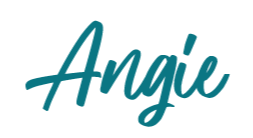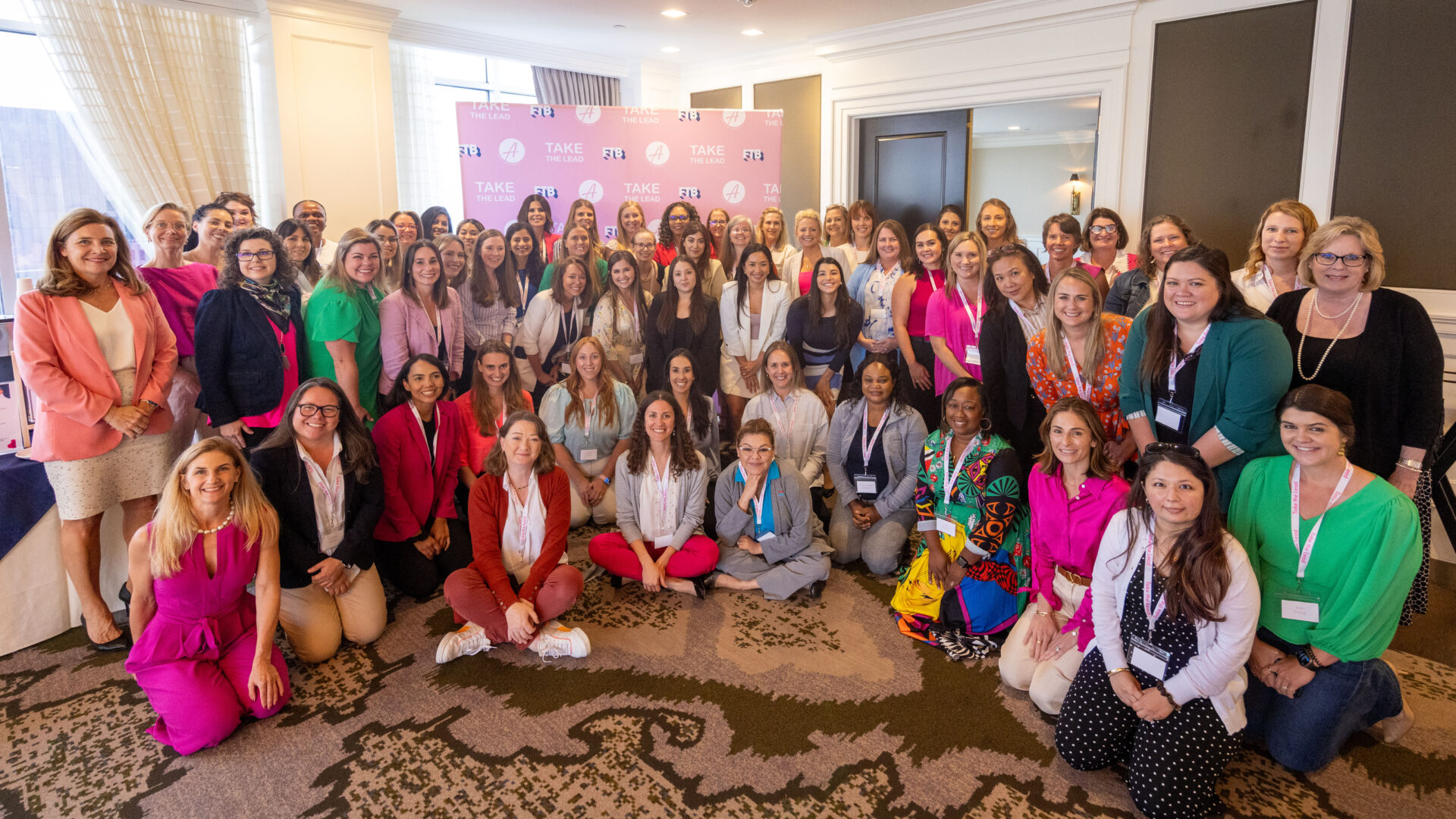Did you take a career aptitude test in high school? The one where you get a scantron sheet, a #2 pencil, and a series of questions asking you to list your preferences and interests?
I remember this experience, as well as reviewing my results in my small high school classroom (think: Footloose). I felt like my fate was sealed as I read the word “teacher.” It wasn’t a bad fate. It just wasn’t exciting. “Astronaut” would have been exciting. “Rock Star” would’ve been exciting.
But then, of course, a guide appeared: Ms. Gail Trill, my English teacher who proctored the test.
Gail knew that her class was looking at their results as if staring into crystal balls, hoping to see their futures clearly. She also knew there’s no such thing as a perfect, neat path and there’s joy discovered in unchartered territory. She offered us all relief when she posed an important question, and then followed up with her answer.
“Class, as you go through the results, you might make decisions based on what you’re learning – colleges to attend, trade schools to enroll in, and careers to invest your lives in. Do you think if you make a choice and aren’t happy, you should change?”
I thought of my parents, friends of my parents, and family members, and the longevity they had in their careers. I thought, “No, if you make a decision you have to stick with it.”
She continued, “You need to remember if you’re unhappy, there could be a point when being resilient no longer works. You can always change and find yourself in a new career at any stage in life.” She then proceeded to give me examples, illuminating to me that the decisions we make early in our career don’t have to be life sentences.
I’ve held that in the back of my mind throughout my career. “If you’re not happy, you can change.”
As 2024 is The Year of Transformation, I want to pull Gail’s amazing guidance forward and help you think about the decisions you’ve made up to this point.
We tend to think decisions = progress. While we hope most decisions we make move us forward in life, there are times when we make decisions and don’t maximize the opportunity of our choice. Here are three common decision making traps that could be holding you back from making the best decision for you, your life, and – potentially – your career right now.
- Binary Decisions. This is thinking that there are only two choices in front of us, like “I can stay and be miserable, or I can quit and be happy.” When you’re faced with a career dilemma, it’s easy to want to simplify the choice in front of you…but when you move to simplify too fast, you end up with faulty logic. If you’re unhappy and seeking change, give yourself time to explore how you’ve framed your choice, and what opportunities there are for multiple paths forward.
- Sunk-Cost Decisions. This style of decision-making is based on past investments, not about opportunity costs of staying the same or future potential. This shows up as “well, I got a degree in communications two decades ago, I work in PR, I shouldn’t transfer to this exciting opportunity in sales and marketing because it’d be a waste of my degree.” In economic theory, past investments shouldn’t influence current decisions. The past is the past. You’re here today. Make decisions that lead you toward the better future you envision for yourself.
- Fear-Based Decisions. I love the Chris Stapleton song “Starting Over.” There’s a line that resonates with me: “No one wins afraid of losing.” If you feel like you’re dying to pursue your entrepreneurial ambitions, or move cross country for a new role, but your security mindset keeps telling you that it’s impractical, your “play it safe” mindset is winning…and maybe it’s time to challenge your fear-based thinking. Maybe it’s time to bet on you and take that risk?
Here’s to better decisions going forward!!

PS: The irony of this all is that I am, essentially, a teacher. But in ways I couldn’t have imagined when I was young!








